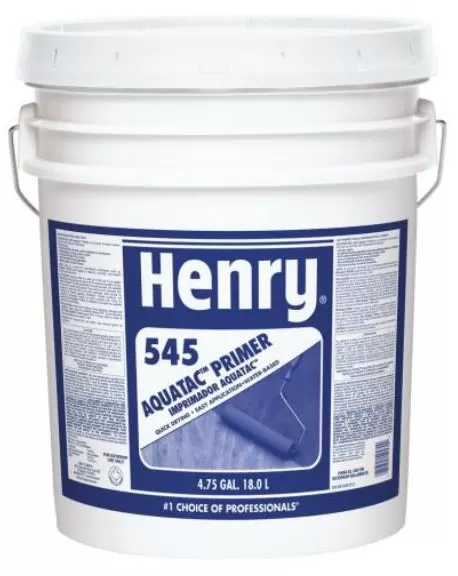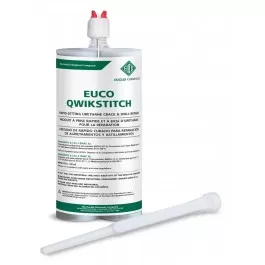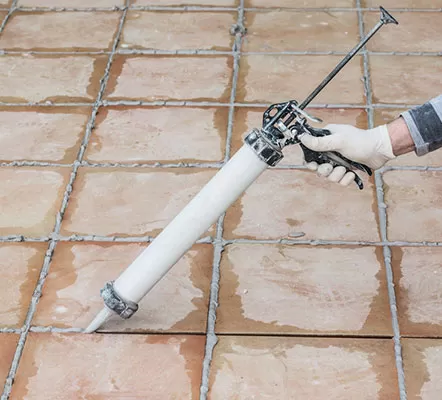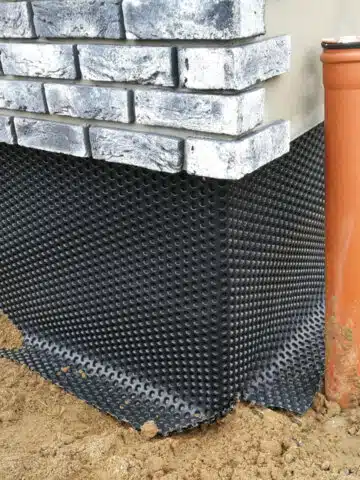Blog
Should You Attempt DIY Foundation Waterproofing?
In the commercial construction services industry, foundation waterproofing is an essential undertaking that ensures the longevity and stability of a structure. Given the plethora of online resources and tutorials available, the temptation to venture into DIY foundation waterproofing might seem appealing. However, the question remains: Is it advisable? Let’s delve into the pros and cons of taking this critical task into your hands.
Understanding the Complexity of the Task
Foundation waterproofing is more than just applying a sealant. It’s a multifaceted task that demands a thorough understanding of several critical factors. First, there’s the soil type surrounding the foundation. Different soils have varied water retention properties, and understanding this is crucial for effective waterproofing. Then there’s the water table level of the area. Areas with high water tables present more challenges, as water pressure against the foundation can be significant.
In addition to these, one must consider the drainage systems in place. Without proper drainage, even the best waterproofing can fail, as water finds its way to the lowest point. Moreover, commercial buildings often have basements or underground parking structures, increasing the complexity of the waterproofing task. It’s not just about preventing water ingress, but also managing any water that does find its way in.
Furthermore, commercial structures differ from residential ones. They often have larger footprints, and the materials and construction techniques used can be different. This means that DIY foundation waterproofing methods suitable for a small home might not be apt for a commercial establishment. An oversight or a misjudgment in this intricate task can result in extensive damages, turning what seemed like a cost saving measure into a costly affair.
Assessing the Cost Implications
At first glance, going the DIY route seems like a clear way to cut costs. There are no labor charges, no service fees, and you have control over material choices, possibly opting for more affordable options. But this perspective often omits several hidden costs. For starters, professionals in the commercial construction services have relationships with suppliers, getting materials at discounted rates, something an individual might not have access to.
Then, there’s the equipment. Waterproofing requires certain specialized tools. While some can be rented, others might need to be purchased, adding to the overall cost. There’s also the learning curve to consider. Mistakes, especially in tasks as critical as waterproofing, can be expensive. A small error can lead to leaks, necessitating repairs, and in severe cases, redoing the entire waterproofing.
Another overlooked aspect is the value of time. While professionals will factor in their labor costs, individuals often forget to account for the time they spend on the project. In the commercial world, time is money. The days or weeks spent on DIY waterproofing might translate to lost business opportunities or operational disruptions. When all these are taken into account, the cost benefits of DIY foundation waterproofing might not be as pronounced as initially assumed.
Gauging the Time Commitment
Time is a valuable resource, especially in the commercial sector where downtime can impact operations and revenues. DIY foundation waterproofing can be a time consuming endeavor, particularly if you’re learning on the go. Professional waterproofing contractors, with their experience and expertise, can often complete the job in a fraction of the time, ensuring minimal disruption to your commercial activities.
Evaluating the Quality of Work
There’s a marked difference in the quality of work when a task is performed by seasoned professionals versus someone with limited experience. Even with the best resources at hand, the finish, durability, and effectiveness of DIY foundation waterproofing might not match up to professional standards. This disparity in quality can manifest in the form of leaks, dampness, or even structural issues in the future.
Considering Warranty and Aftercare
One significant advantage of professional services is the warranty and aftercare they offer. If any issues arise post waterproofing, they’re typically addressed by the contractor at no additional cost. DIY doesn’t afford this safety net. Any complications that arise due to errors in the waterproofing process will need to be rectified at your own expense, possibly leading to increased costs in the long run.
Weighing the Risks and Rewards
The allure of DIY lies in the sense of accomplishment, control over the process, and potential cost savings. However, with commercial structures, the risks associated with DIY foundation waterproofing can outweigh the rewards. The ramifications of errors are not just financial but can also involve safety concerns. It’s crucial to weigh these risks against the potential benefits before making a decision.
While the DIY approach might seem enticing, especially with the wealth of information available today, foundation waterproofing is a critical task that demands expertise. For commercial structures, where the stakes are higher, entrusting this job to professionals in commercial construction services can ensure quality, durability, and peace of mind.





